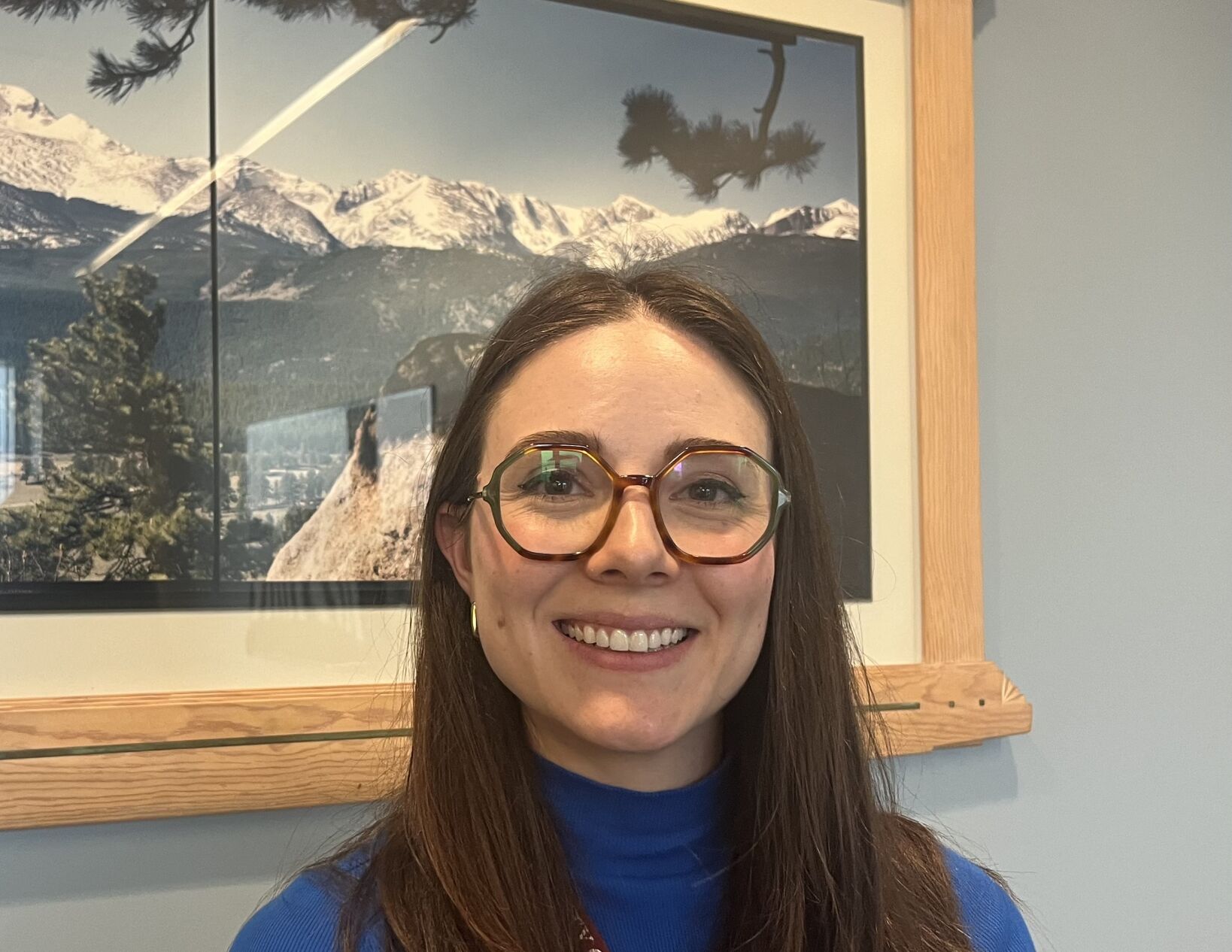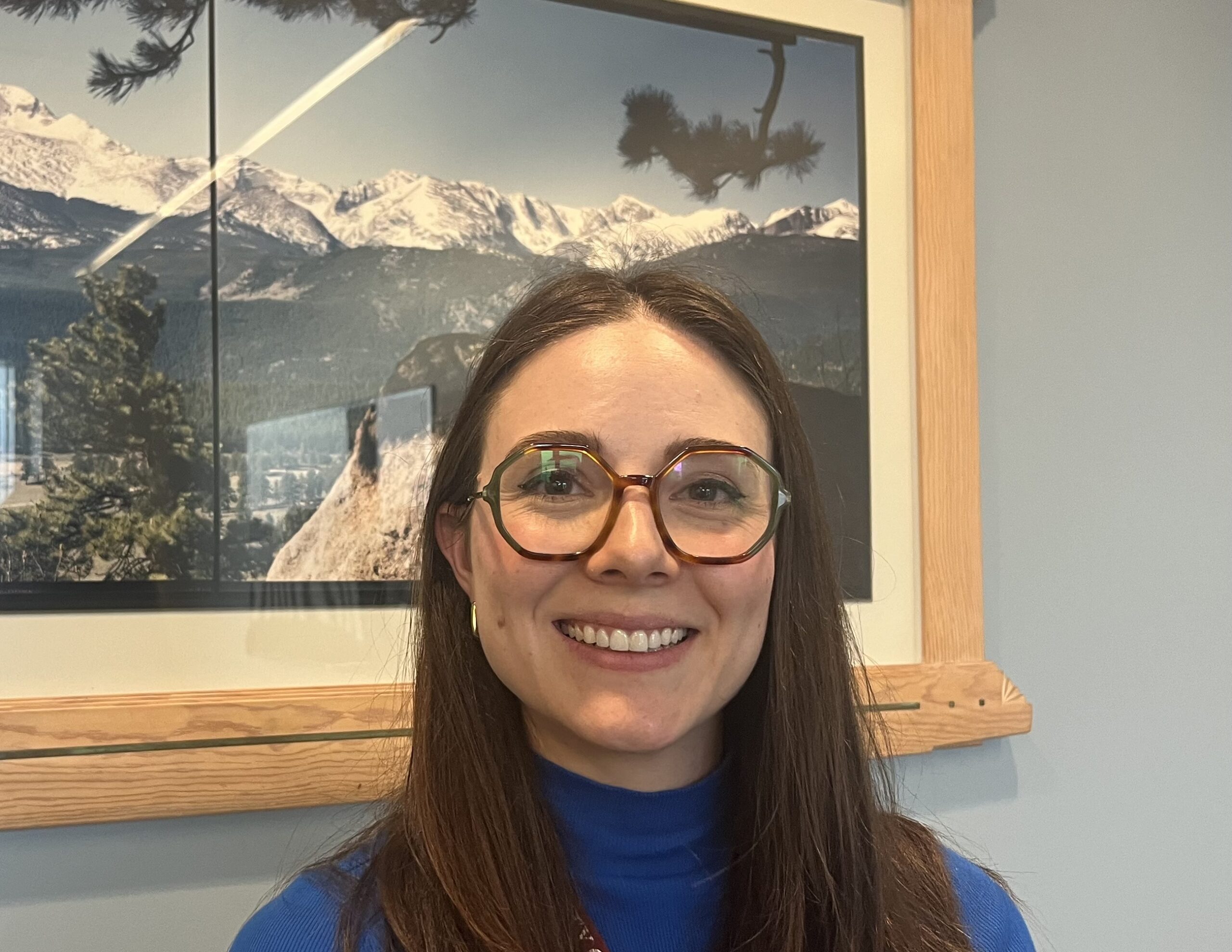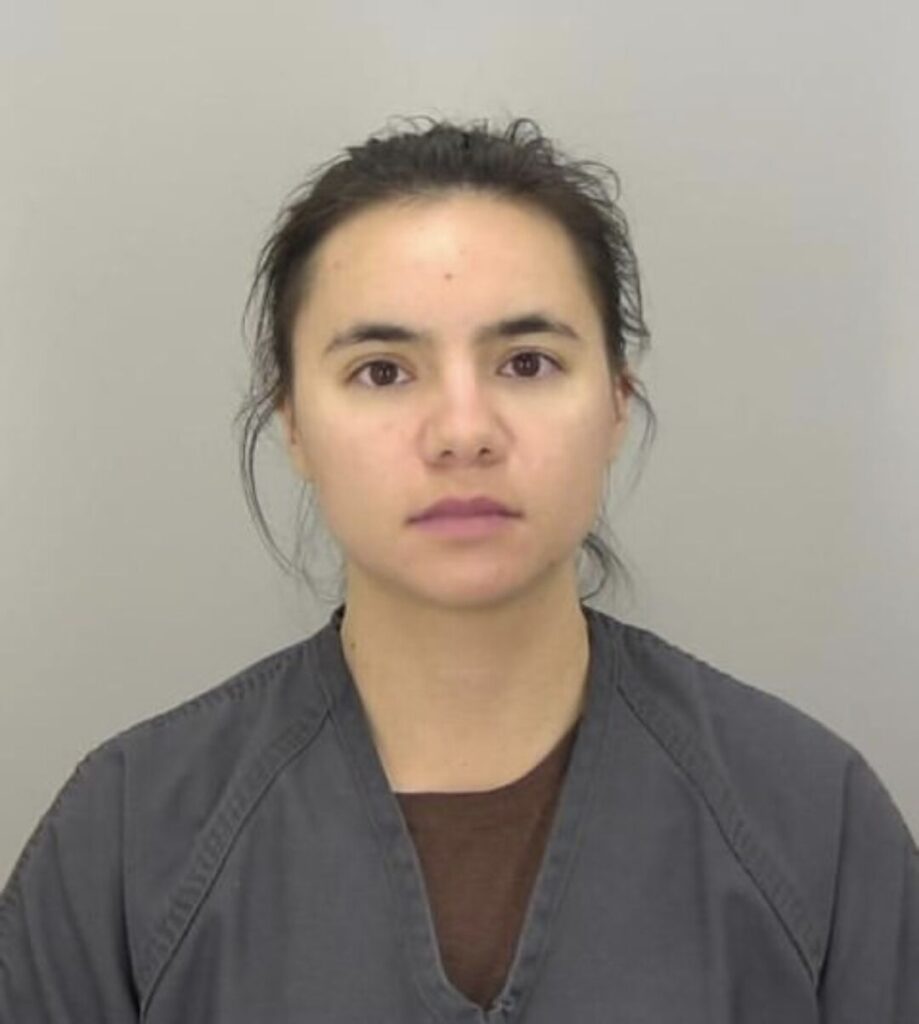Q&A with Olivia Probetts | Recent law grad had fast track to handling cases in Colorado’s highest courts

The Colorado Attorney General’s Office employs a handful of recent law school graduates who serve as Ralph L. Carr Appellate Fellows, where they get immediate experience handling cases before the state’s two highest courts.
“We wanted to figure out a way to bring newer lawyers into the office and give them real, substantive experience while also addressing some of the needs the office had,” Eric R. Olson, Colorado’s solicitor general until recently, told Colorado Politics. “And one of the needs is our backlog in criminal appeals.”
Olivia Probetts joined the Department of Law for a two-year stint as a Carr Fellow in 2021, shortly after graduating from the University of Chicago’s law school. She spoke to Colorado Politics about her time litigating criminal appeals and other projects – including a recent case the members of the U.S. Supreme Court heard in April.
FAST FACTS:
- Olivia Probetts grew up in Highlands Ranch.
- She attended Northwestern University, where she was a theater major.
- Probetts has argued three cases in front of the state’s Court of Appeals and one case to the Colorado Supreme Court.
- Carr Fellows work with the criminal appeals section of the attorney general’s office, among other responsibilities.
Colorado Politics: What was going on in your life when you decided to apply for the fellowship program, and what brought you to the attorney general’s office?
Olivia Probetts: I interned here the summer after my second year of law school. It was COVID, so I did it all from my kitchen in Chicago. But I had a great experience while I was interning. I did some big research projects, I wrote a brief, and I met pretty regularly with one of the Carr Fellows and he encouraged me to apply.
I also grew up here, so it was fun to get to return and go snowboarding more often.
CP: What was your route to law school?
OP: I had a bit of a circuitous path to law school. I studied theater in college and by the time I graduated, I knew I didn’t want to perform, but I enjoyed the administrative aspect. So once I graduated, I started working at a theater company doing development – fundraising – and discovered I didn’t find it engaging or interesting.
I wanted to find a career that would allow me to remain creative but also challenge me analytically. It sort of seemed like a really good fit once I decided I wanted to move on from the performing arts.
CP: Can you describe what happens when an appeal comes into the AG’s office and gets assigned to you? Then what happens all the way through to a decision being issued?
OP: As Carr Fellows, we are given our own docket of criminal appeals. By the time they’ve gotten to us, we’ve typically received the opening brief from the public defender or the private defense attorney. We read the record, conduct research, write our own briefs, they’re reviewed a couple of times. The Carr Fellows work pretty closely with John Webb, who’s a former Court of Appeals judge, and he reviews our writing and helps strengthen our arguments.
Then they’re sent off to our direct supervisors and we file our briefs. If the defense attorney requests oral argument, usually the Court of Appeals will grant it. We prepare for it by re-reading the record and the cases. Within criminal appeals, we always have a brainstorm and a moot with other members of criminal appeals.
Then we prepare for argument, argue and wait for an opinion to come out.
CP: Who decides which appeals the Department of Law will pursue? Say the Court of Appeals issues a decision in a case siding with the defendant, and it orders a new trial. Who determines whether to appeal?
OP: That is a decision that’s over my head. I can suggest that we petition for certiorari (Supreme Court review), but that is ultimately a decision made by our deputy and our firsts (assistant attorneys general). And if it’s a high-profile case, it’ll come up to (leadership) and be run by the solicitor general and Phil Weiser, the attorney general.
CP: How is it different arguing to the Court of Appeals versus the Supreme Court?
OP: The time is a big difference. Thirty minutes versus 15 minutes is a big jump. You have a lot longer. I find particularly the Supreme Court justices, often because the issues are less settled, have a lot more questions for you. In the Court of Appeals, there’s usually some knowledge of how the case will come down before the argument. A lot of the issues have been litigated and, of course, the Court of Appeals is bound by Supreme Court precedent. If the Supreme Court has ruled on an issue, you know how it will come out. There’s less opportunity for novel legal arguments – especially in the cases they give to us.
CP: So, I take it you go into the case with a sense of whether you will win or lose based on existing law?
OP: Sometimes it can go either way. But I’ve argued three cases in the Court of Appeals and two of them, I was pretty confident I knew how they would end up.
CP: How did they end up?
OP: I won.
CP: You also worked on Counterman v. Colorado, which is before the U.S. Supreme Court and is still pending. How was that different from either the state Supreme Court or Court of Appeals?
OP: On our Supreme Court litigation, we work on a bigger team. Whereas in the Court of Appeals or the (state) Supreme Court I’m generally writing my own brief, for the (U.S.) Supreme Court it’s more of a team effort, so I’m working with a lot of different people to craft the best argument.
CP: Is there an added pressure knowing how much more high-profile a U.S. Supreme Court case is?
OP: Yeah, definitely! It’s definitely something I think we’re all aware of, but I’m generally the lowest member on the team. If anybody is going to receive blowback or anything like that, it’s not me.
CP: Did you go to D.C. for the oral arguments?
OP: Yes, it was very cool. I got to work with Phil as he was preparing for his argument. We were there while he had a couple of moots. It was very exciting to go to the courthouse and see all the justices asking their questions. It was pretty full, which was also exciting to see there were enough people interested in the case or who were brought there on field trips. It was very exciting to know that that many people got an up-close, personal look at the work we’ve been doing for however many months.
CP: Criminal defense attorneys and public defenders are sometimes asked, “How can you represent someone who is obviously guilty and who is trying to get acquitted or get their conviction overturned based on a technicality?” I’d ask you a variation on that question: When you pick up a case from the trial court and the judge or the prosecutor did something that is credibly not fair to the defendant, how can you go to the state’s highest courts and say this person should remain behind bars, or no new trial?
OP: Even if I disagree with something, ultimately it is my job to do it. I think that the way our legal system is set up, it’s an antagonistic system. You need to have people who are strongly advocating on both sides to ensure that everything is fair and that the court receives both sides of an argument so it can make the right decision.
Especially in criminal appeals at this office, there is a big backlog. If I don’t write a brief, then somebody else needs to write a brief. If there’s something I don’t want to do, somebody else is stuck doing it. I like to think of myself as a bit more of a team player.
CP: Do you have any desire to prosecute at the trial level?
OP: It’s something I thought about but I have really enjoyed the appellate work I’ve been able to do since I’ve been here. I think that’s what I’m most passionate about.
CP: What do you see as your biggest accomplishment here?
OP: I’m really proud of the work I have done as a team member on various Supreme Court cases, both the Colorado Supreme Court and the U.S. Supreme Court. But I am really proud of the work I did on my own Supreme Court brief, which I argued in front of the Colorado Supreme Court. It felt very good that my superiors had enough faith in me to do that.
CP: What do you hope is next for you?
OP: I’m planning to move to New York but I’m hoping to stay in the government.














